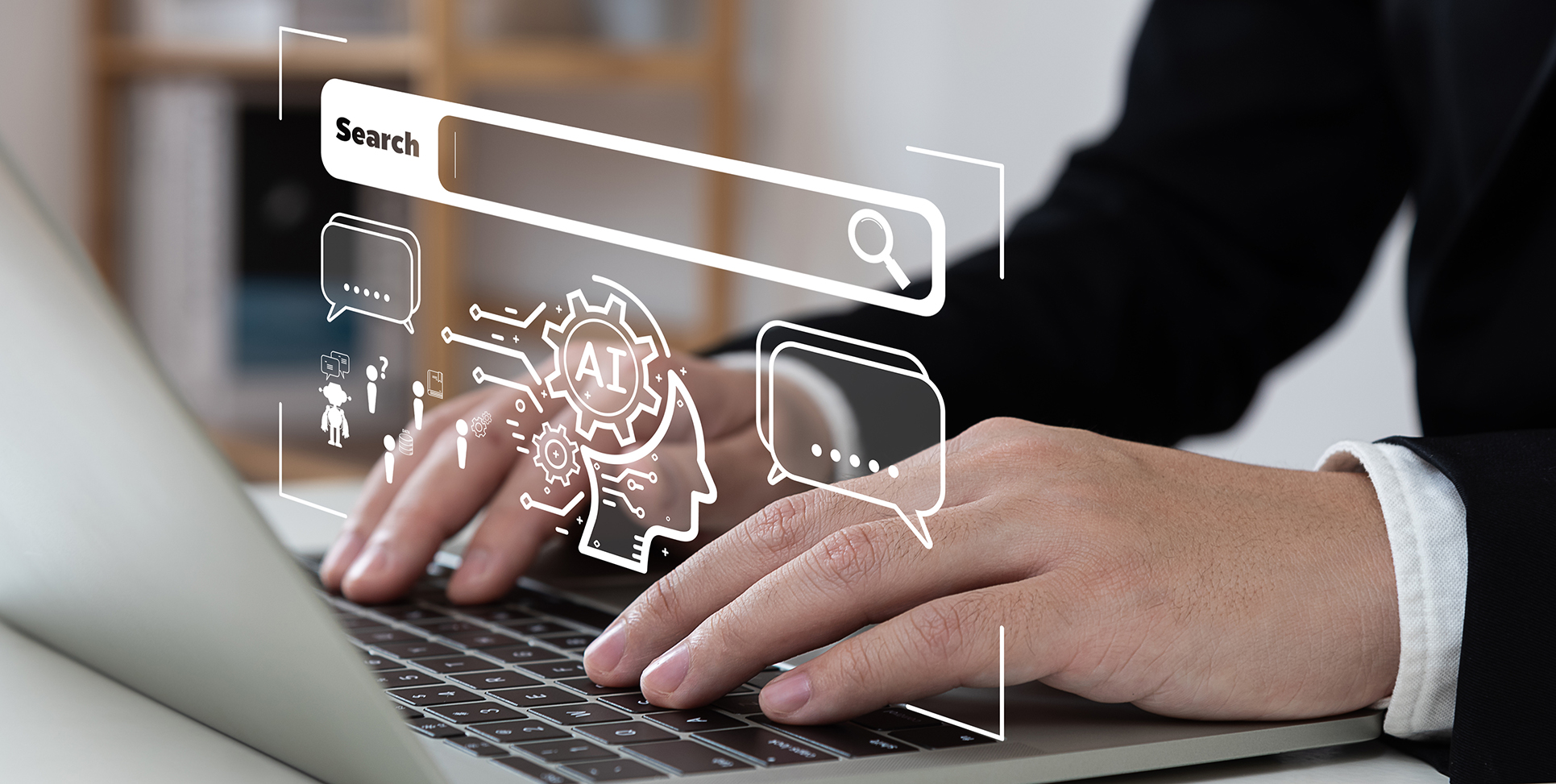By Trish Hepworth, ALIA Deputy CEO and Phoebe Weston-Evans, ALIA Senior Research Coordinator

Photo: iStock.com/Poca Wander Stock
World Economic Forum (WEF) recently published its Global Risks Report 2024, which explores, ranks and forecasts the worldwide risks over the next two years, and the coming decade. It makes for frankly grim reading, reflecting on the tumultuous events of 2023, including new and resurging conflicts, fire, drought and other extreme weather conditions, and an increasingly precarious state of global affairs.
Top of the list for short-term (in the next two years) risk is ‘AI-generated misinformation and disinformation’. Fifty three percent of respondents see this as a risk presenting a material crisis on a global scale in the present day, and remains among the top five risks in the longer term (ten year) forecast.
The WEF notes concerns that mis and disinformation tools will be used to undermine the democratic process and the legitimacy of elected governments as the world heads towards numerous significant elections around the world in coming years. This potential for unrest in a range of forms are exacerbated by the cost-of-living crisis and the risk of an economic downturn. The intertwining of economic strains and mis and disinformation is highlighted as contributing to economic uncertainty and stirring social unrest.
As literacy leaders, libraries have a critical role to play in improving Australians’ information, media and AI literacy, and equipping people with the knowledge and skills they need to navigate a changing information landscape. Recent research into media literacy and Australian libraries and the impact of mis and disinformation in university libraries in Australia highlighted just how much library professionals acknowledge and embrace their role in teaching vital competencies around critical thinking and evaluation of information and sources, and developing representative collections now and into the future.
Research shows us that there are significant disparities in information literacy and access to information, and that those who already experience a disadvantage in society are usually those who need media literacy education the most. This research also shows us that different groups require different approaches to media, information, and AI literacy education, and that outreach is crucial. But it’s worth it; the value-add of acquiring and improving media literacy is greater for groups that experience disadvantage, as it can be used not only for improved literacies, but also to overcome other societal barriers and access a range of services.
Despite formidable challenges predicted for coming years, the Global Risks Report 2024 identifies opportunities for action, placing a particular emphasis on addressing mis and disinformation. It underscores the importance of coordinated efforts, both locally and internationally, to address the mechanisms and spread of false information and the impact of mis/disinformation on societal, economic, and geopolitical stability. As the next decade unfolds, proactive measures are imperative to navigate the complex landscape of misinformation and disinformation, working towards a more resilient and informed global society.
ALIA’s joint submission with other LIS organisations to the Safe and Responsible AI in Australia Discussion Paper reflects these concerns around negative social impacts resulting from AI generated mis and disinformation. The submission argued that priority must be given to improving literacy, including AI, information and media literacy, across the Australian population and that a commitment is made to uphold human rights, ensuring fairness and centring ethical considerations in the development and use of generative AI tools.
Media literacy is also one of the subject raised in the Australian Government’s consultation on its News Media Assistance Program (MAP). The Australian Media Literacy Alliance (AMLA) of which ALIA is a founding member is currently drafting a submission, and ALIA will make a separate submission from a library specific perspective. If you would like to contribute please email [email protected].